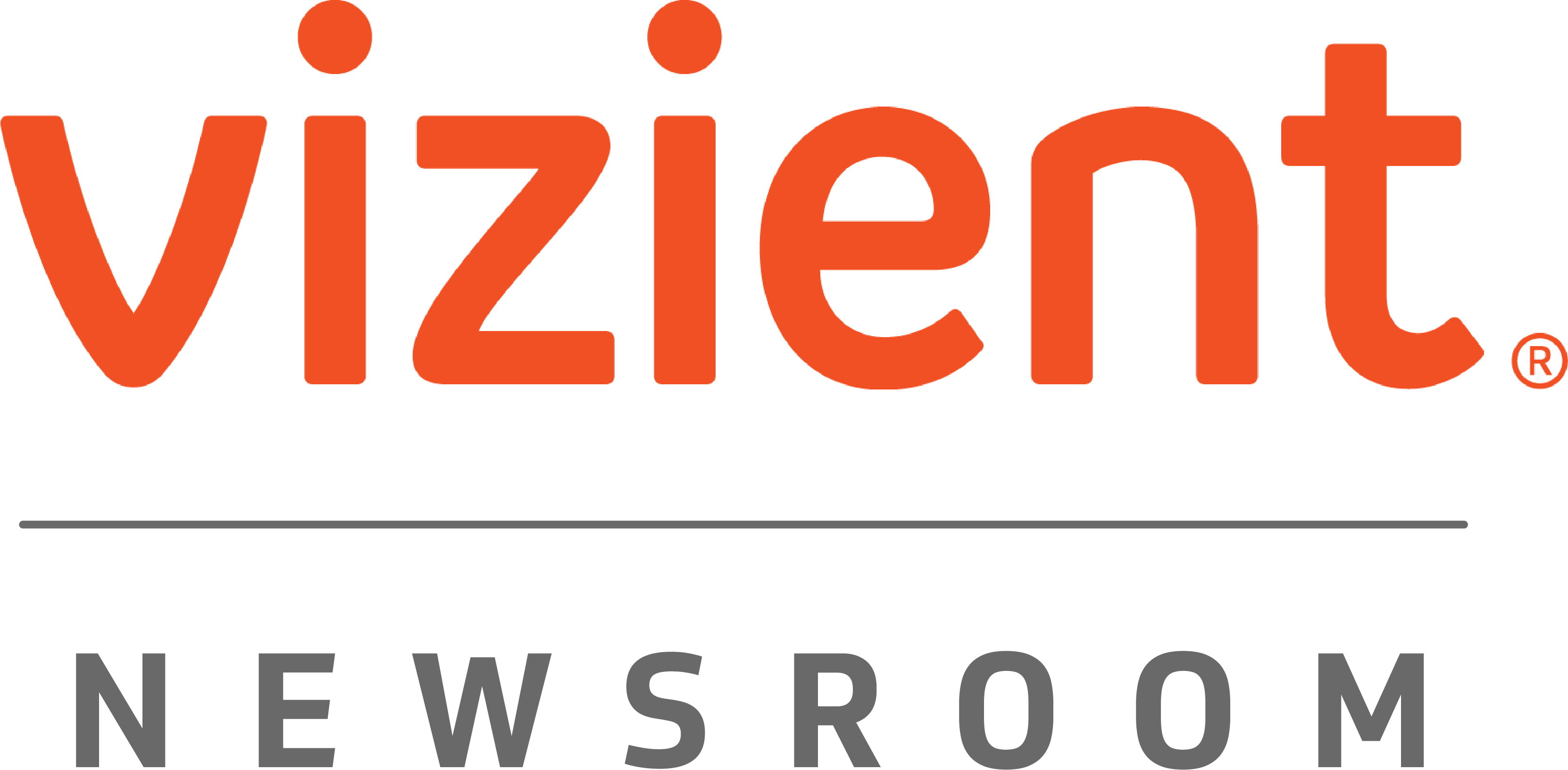By Yelena Bouaziz, Vizient Principal, Solution Strategy and Innovation, Sg2 Consumer Innovation
Financial pressures and fierce competition have long been the norm for healthcare providers. But "business as usual" approaches are masking the fact that current challenges are quite different.
The world has undergone a tectonic social and cultural shift as it emerged from the pandemic. Staffing shortages, unsustainable increases in cost structure and dramatically elevated consumer demands aren't temporary market fluctuations. They stem from a deep-rooted shift in people's values, beliefs and expectations and are here to stay.
Novel disrupters — adept at operating in this market environment — are moving in swiftly, locking in share and pushing the incumbents aside. Traditional health systems have no time to wait: They must adapt now or risk both market obsolescence and economic failure.
The healthcare organizations poised to lead in this new environment will be the ones who radically redefine their business models. As they move away from competing on transactions and differentiating on clinical reputation alone, these innovative providers will focus on creating long-term patient relationships to drive loyalty and retention. This is the "not-so-hidden" secret of retail giants like Amazon, Walmart and McDonald's. They thrive because the DNA of their business models is grounded in recognition that their growth depends on their ability to convince customers to remain loyal and come back over and over again for all their needs.
In contrast, healthcare has traditionally paid little to no attention to fostering loyalty. Yet, in our industry, building strong relationships is crucial. Not only do customer acquisition, retention and relationship expansion drive the core long-term growth engine, just like they do for the retail companies of the world, but consumer centricity also is essential to healthcare outcomes. Long-term, trust-based relationships together with patient engagement and empowerment are indispensable to achieving the highest clinical results, and they're certainly essential in value-based care. Consumer centricity is transformative and requires thinking and operating differently including:
- Measure what matters by ingraining KPIs that reflect consumer-centric value and loyalty at top leaderships levels.
- Invest in deep, 360-degree consumer insight and feedback capabilities.
- Shift your mindset from growing market share to growing the share of your core customers' needs.
- Embed the loyalty-focused growth levers into enterprise and service-line growth playbooks.
- Ground value proposition in meeting consumers' comprehensive needs and pain points, not just delivering sick care services.
- Embrace an outside-in approach to design informed by consumers, physicians and frontline staff.
Adopting a consumer-centric business model isn't an overnight occurrence, but a continuous commitment by healthcare organizations to put consumer loyalty and value at the center of every decision. It demands a deep understanding of new data around consumer needs, behaviors and values to transform these insights into short- and long-term growth strategies.
While challenging, this path offers immense rewards. Not only does it unlock massive growth opportunities for the health systems' economic success by building enduring consumer value, it also builds true patient-centric ecosystems of health and wellbeing that maximize the health and wellbeing of their communities.
Learn more about how Vizient can help build solutions that will ease providers' paths toward consumer centricity.
About the author
Yelena Bouaziz is principal, solution strategy and innovation at Sg2, a Vizient company. She is a seasoned thought leader, innovator and trusted advisor to health system leaders in transforming healthcare delivery into a consumer-centric and value-driven system of health and wellbeing. As the solution leader in the Sg2’s consumer innovation business unit, Bouaziz combines the most modern consumer practices from the retail sector with her deep knowledge of the healthcare industry and data analytics helping health systems create a bold call-to-action and the solutions providers need to execute on it. In her previous role at Sg2 in strategic analytics, Bouaziz led the team responsible for supporting Sg2’s member healthcare providers in unleashing the power of Sg2 analytics to inform strategies in growth expansion, population health management, ambulatory footprint, service rationalization and System of CARE alignment. Bouaziz earned a Bachelor of Science in biology from Duke University and an MBA from the University of Chicago Booth School of Business.
